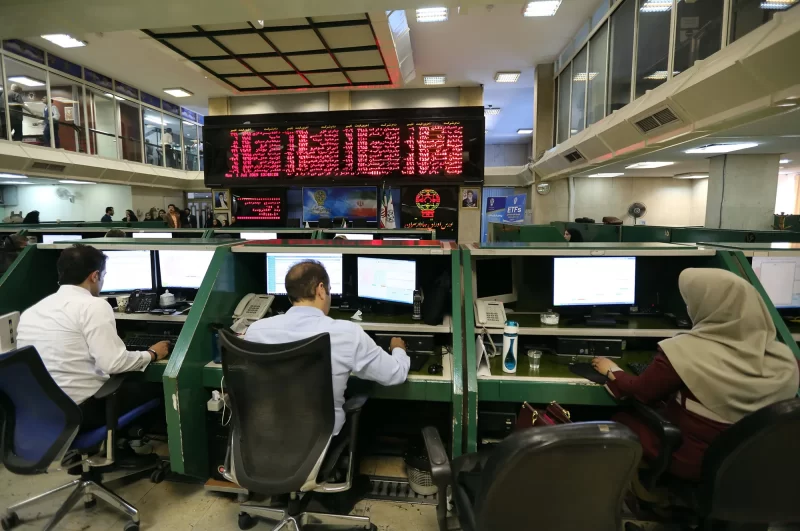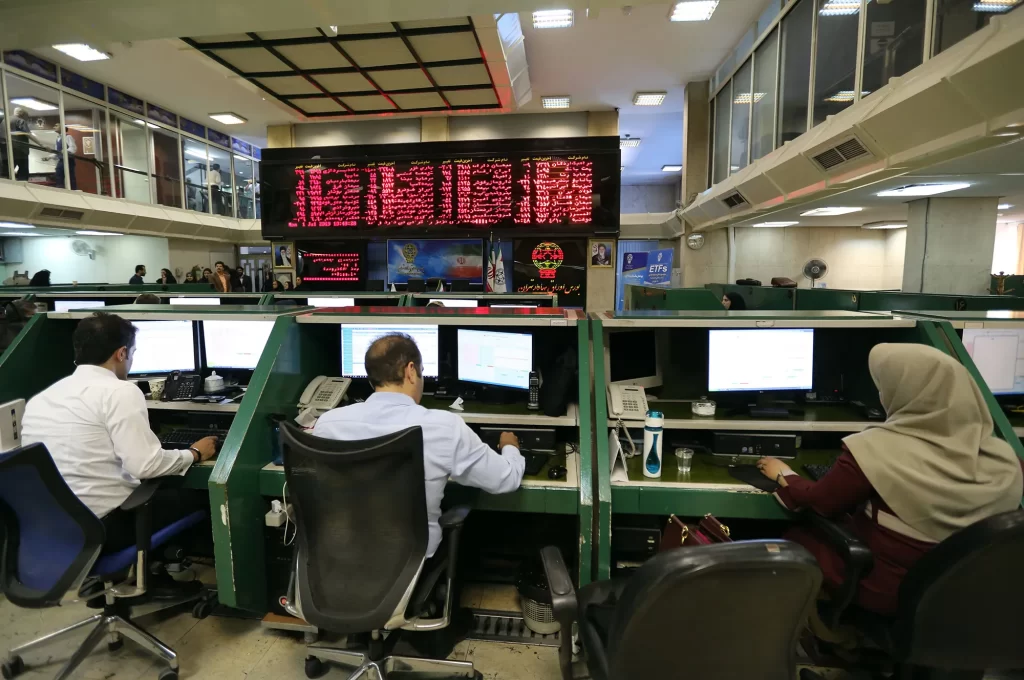
Bitcoin Just Exploded Past $111K and This Changes Everything
★ ★ ★ ★ ★ 4.0 Overall Trust Index Bitcoin just smashed its all-time high, cruising past $111,000 like a Bugatti on an open road. But this isn’t your average crypto pump. The players behind this move are no longer Reddit mobs or moonboys, they’re wearing suits, managing billions, and

















